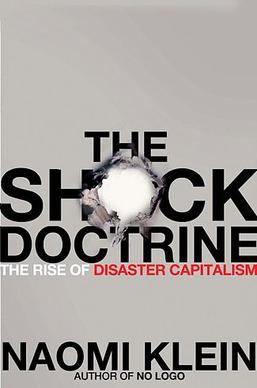
Our discussion on the benefits of fostering a positive organizational culture through unconventional workspaces made me want to search and see if other companies were doing what Zappos and Google are. I found this article about Zynga, maker of many of the games featured on Facebook. They offer all the benefits and comforts of home including prepared food and lots of play time. Research shows a clear correlation between a positive culture and stimulating environment and increased employee productivity.
But is this even what employees want?
Employers are trying to encourage workers to stay longer and to incorporate their job into more aspects of their life. Sure it’s great that some companies now provide benefits like free gyms and even places to sleep. But has anyone stopped to analyze the effect of all this on the employee? Their lives become centered around their work, they don’t go home more often and their is no true chance to escape the work environment. One might ask why you’d want to escape such a great environment but “work” and “life” should still be kept very separate, in my opinion. Organizations should be hesitant to fully adopt this approach before understanding the full effects.
Sources
Image from Zynga Inc. at http://company.zynga.com/news/company-images
“What You Can Learn From Zynga’s Cool Company Culture” by Kate Freeman. Retrieved from http://mashable.com/2012/05/20/zynga-office-perks/






